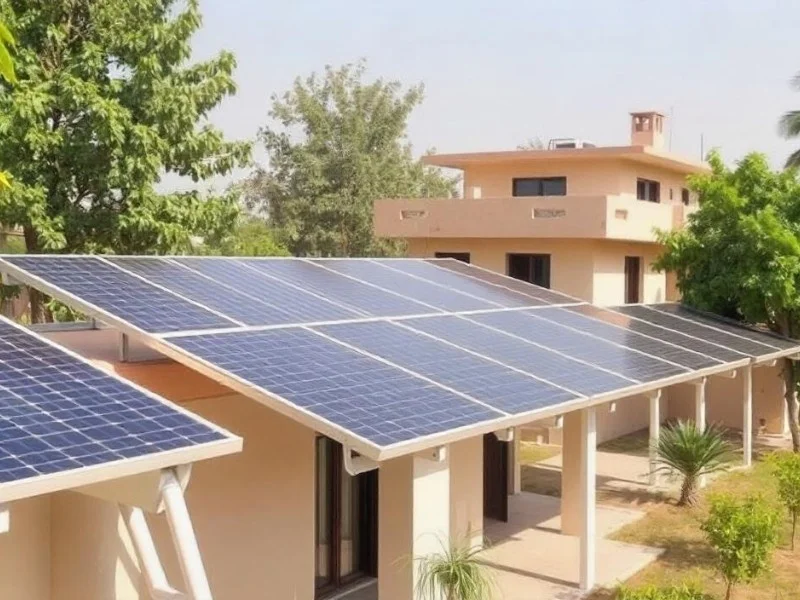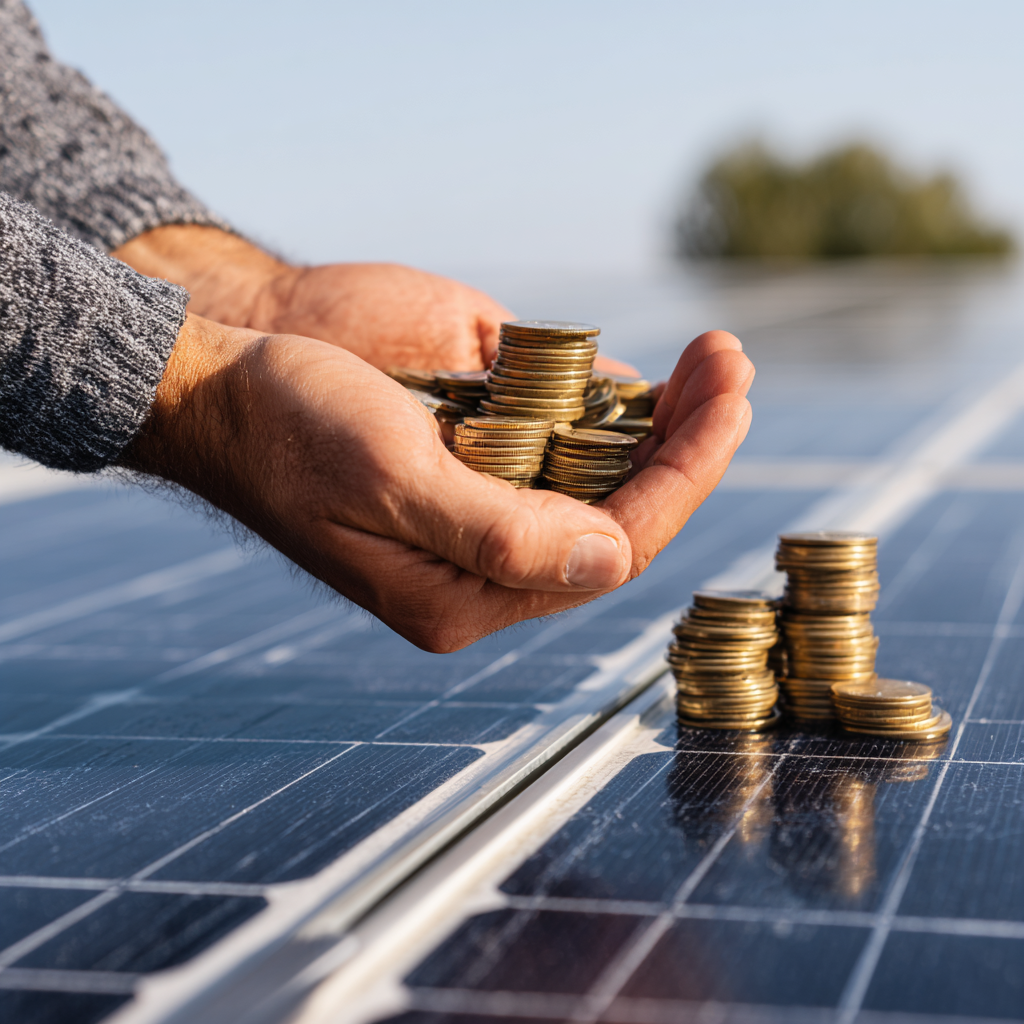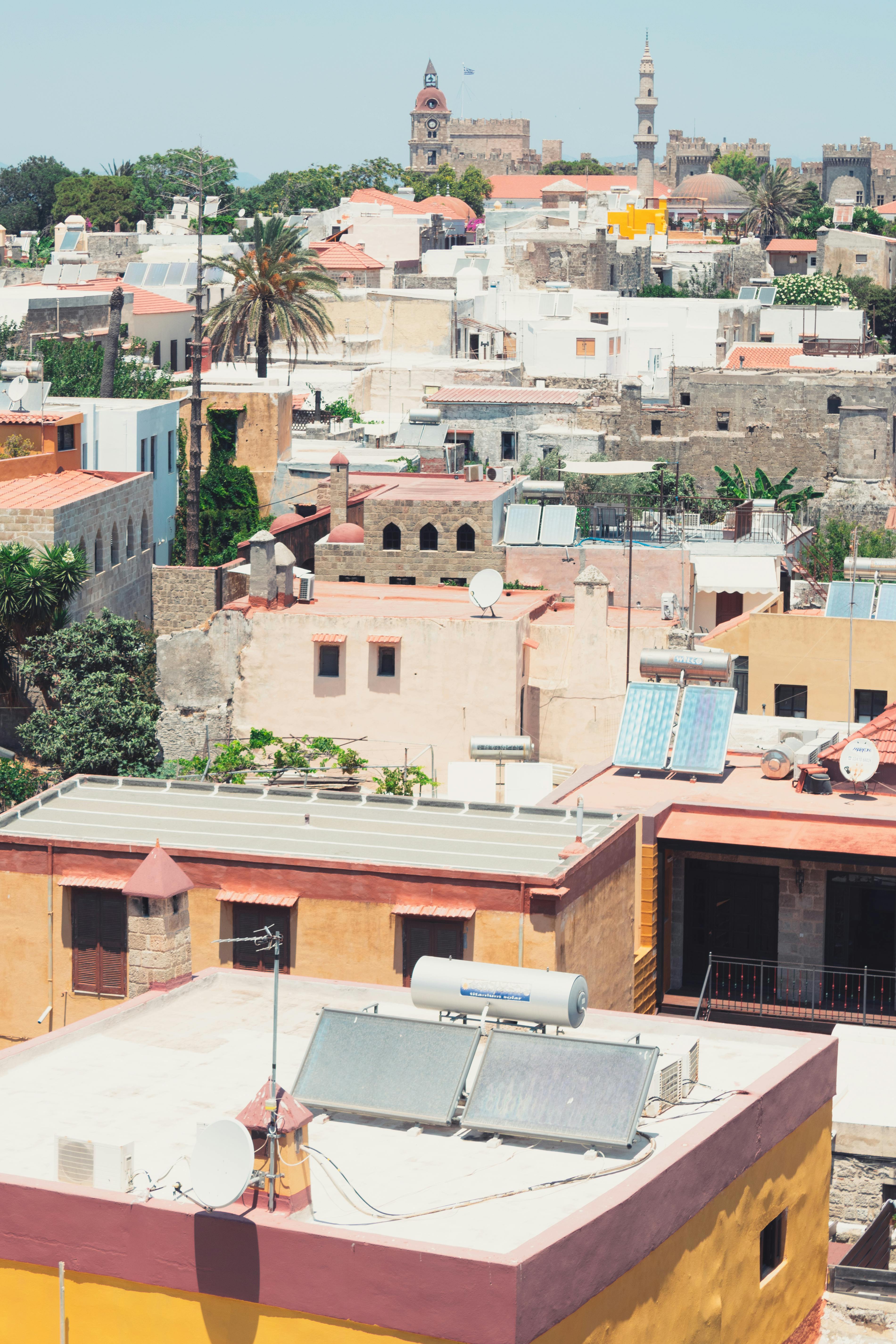Solar adoption in India has been growing at an impressive pace, positioning the country as a global leader in renewable energy. As ofJune 2024, India's cumulative installed solar capacity had reached approximately 87.2 GW, making solar energy a significant contributor to the nation’s powermix. This represents a substantial increase from the previous decade, where the country's solar capacity was a mere 1.6 GW in 2013. This rapid expansion is part of India's broader strategy to achieve 500 GW of installed renewable energy capacity by 2030.
The growth in solar capacity has been driven by several factors, including government policies, technological advancements, and the decreasing cost of solar power. For instance, the cost of large-scale solar projects in India has fallen by about 26% year-on-year, making solar the most cost-effective source of new energy in many regions. The government’s initiatives, such as the Pradhan Mantri Kisan Urja Suraksha evam Utthan Mahabhiyan (PM-KUSUM) scheme and PM Surya Ghar Muft Bijli Yojana, have further fuelled the adoption of solar energy by offering financial incentives and subsidies,particularly for residential and agricultural applications.
MSMEs: Crucial for India’s Solar Ambitions
However, for the true potential of solar energy to be realized in India, it is crucial that Micro, Small, and Medium Enterprises(MSMEs) also adopt rooftop solar solutions. MSMEs are a crucial part of the Indianeconomy, contributing nearly 30% to the country’s GDP and employing over 110 million people. Despite their significant role, many MSMEs face challenges in managing operational costs, particularly energy expenses. By adopting solar energy, MSMEs can reduce their electricity bills, increase their energy independence, and improve their bottom line, which is essential for their growth and sustainability. Moreover, as businesses increasingly prioritize sustainability, adopting solar energy can enhance the reputation andcompetitiveness of MSMEs, making them more attractive to eco-conscious customers and investors.
The installation of rooftop solar by MSMEs is not just beneficial for the businesses themselves but also for the broader economy. Ashmore MSMEs embrace solar power, the collective impact could lead to substantial reduction in the country’s carbon footprint and accelerate India’s transition to a clean energy future.
Benefits for MSMEs on Installing Rooftop Solar
One of the most compelling reasons to adopt solar energy is the significant cost savings it offers. While the initial investment in solar panels and installation can be substantial, the long-term financial benefits far outweigh the upfront costs.
- Lower Electricity Bills: Once installed, a rooftop solar plant generates electricity at no additional cost. This means that MSMEs can significantly reduce or even eliminate their monthly electricity bills, depending on the size of their solar system and energy consumption. Additionally, net metering allows businesses to export excess electricity to the grid, further lowering energy costs. Over the system’s lifetime, this can translate to substantial savings.
- Quick ROI and Long Plant Life: The return on investment for a rooftop solar plant is typically achieved within approximately five years. After this period, the electricity generated is essentially free, leading to decades of cost savings. In most cases, surplus energy produced by your rooftop solar plant can be exported to the grid through net metering, further enhancing your savings.
- Reducing Dependence on Diesel Generators: For many businesses and homeowners, diesel generators are a backup power source during grid outages. However, diesel generators are expensive to operate and maintain, and they contribute to environmental pollution. By installing roof solar plant, especially when paired with battery storage, you can reduce or even eliminate your dependence on diesel generators. This not only leads to significant cost savings on fuel and maintenance but also offers a cleaner and more sustainable alternative during power outages. Solar power ensures that your operations continue smoothly without the noise, emissions, and high costs associated with diesel generators.
- Protection Against Rising Energy Costs: Energy prices tend to rise over time due to inflation and increased demand. By generating your own electricity, you protect yourself against these rising costs. This energy independence allows you to budget more effectively and avoid the unpredictability of fluctuating energy prices.
- Reduced Reliance on the Grid: Solar Energy allows you to generate electricity independently of the grid. This is particularly valuable in areas prone to power outages or in remote locations where grid access is limited or expensive. Even in urban areas, having a solar plant with battery storage means you can continue to power your home or business during grid failures.
- Protection Against Energy Supply Disruptions: Global energy markets are influenced by a variety of factors, including geopolitical tensions, natural disasters, and supply chain disruptions. By Producing your own energy, you shield yourself from these external factors,ensuring a stable and reliable energy supply.
- Increased Profitability for Businesses: For commercial properties, rooftop solar can also increase profitability by reducing operating costs. Lower energy bills can improve the bottom line,making the property more attractive to potential buyers or tenants who are looking for cost-effective solutions.
- Compete in the Global Market: Solar energy is a clean, renewable source of power that does not emit greenhouse gases during operation. By switching to solar, you can significantly reduce your carbon footprint, helping to combat climate change. For example, a 100 kW rooftop solar plant can offset 2,100 tons of CO2 emissions each year,equivalent to planting hundreds of trees. Global companies are increasingly becoming more stringent in their vendor selection. Installing a rooftop solar plant is a great way to showcase your company’s vision of sustainable growth.
- Attractive to Buyers: Studies have shown that properties with solar plants sell faster and at higher prices compared to those without. This is because buyers recognize the long-term savings and environmental benefits that come with solar energy. In some markets, solar panels can add significant value to a property, often recouping the initial investment when the property is sold.
- Input Tax Credits and Accelerated Depreciation: In India, businesses that install solar can benefit from Accelerated Depreciation, allowing them to depreciate40% of their solar investment in the first year, thereby reducing taxable income and lowering the tax burden. Additionally, businesses can avail of InputTax Credit (ITC) on the Goods and Services Tax (GST) paid for solar installations, further reducing the overall cost of adopting solar energy.These incentives make solar investments more financially attractive and promote wider adoption across industrie.
In conclusion, adopting solar energy is not just an environmentally responsible choice; it is a strategic decision that can significantly benefit MSMEs in India. From reducing electricity bills and operational costs to ensuring energy independence and enhancing market competitiveness, solar power offers a multitude of advantages that align with both financial and sustainability goals. With the added benefits of government incentives and tax rebates, the initial investment in solar energy becomes even more attractive, paving the way for long-term savings and profitability.
As MSMEs continue to be a crucial part of the Indian Economy, their collective shift towards solar energy will not only strengthen their business operations but also contribute to India’s larger goal of transitioning to a clean, renewable energy future. Now is the time for MSMEs to harness the power of the sun, secure their energy needs, and lead the way in sustainable business practices.

.webp)
.webp)
.webp)
.png)

.jpg)
.jpg)







.jpg)





.jpeg)












.jpg)


.png)
.png)
.png)
.png)
.png)
.png)


.png)


.jpg)
